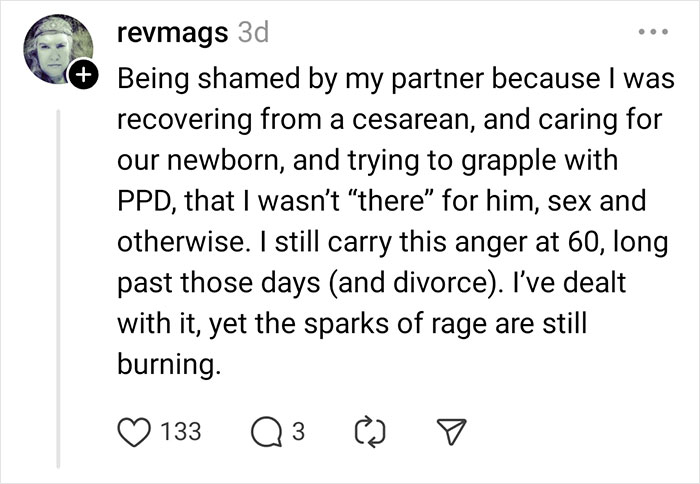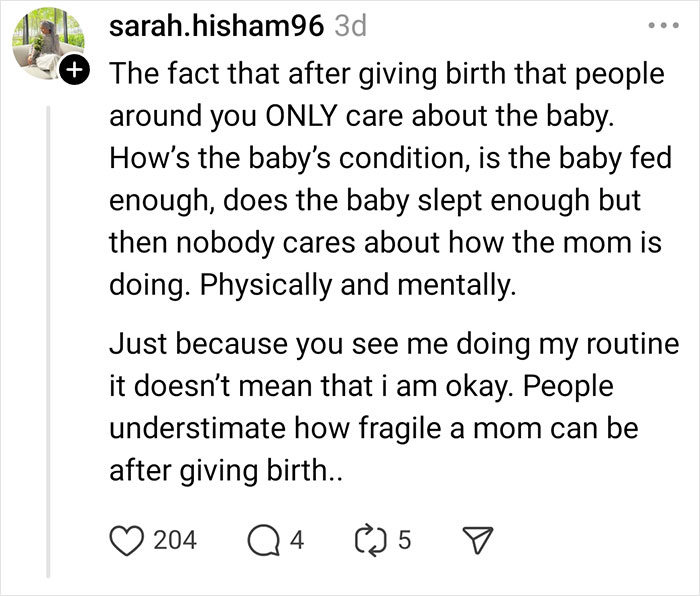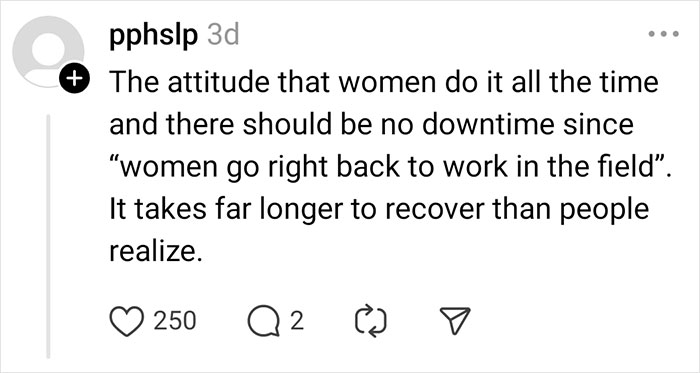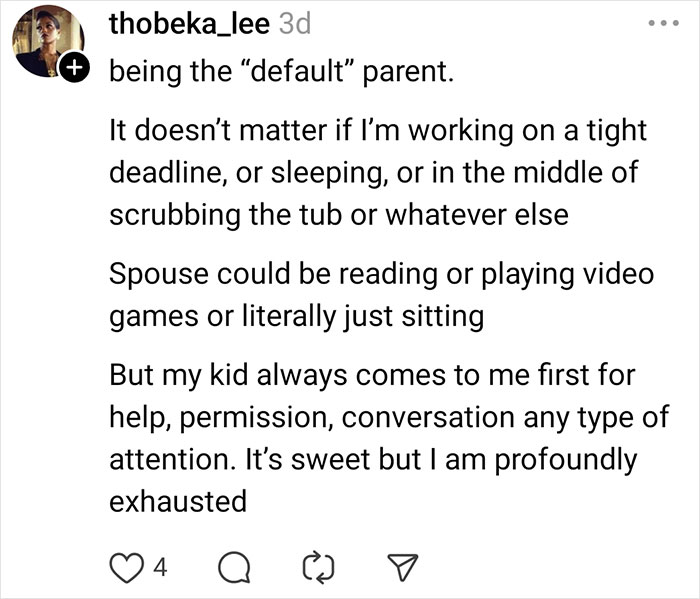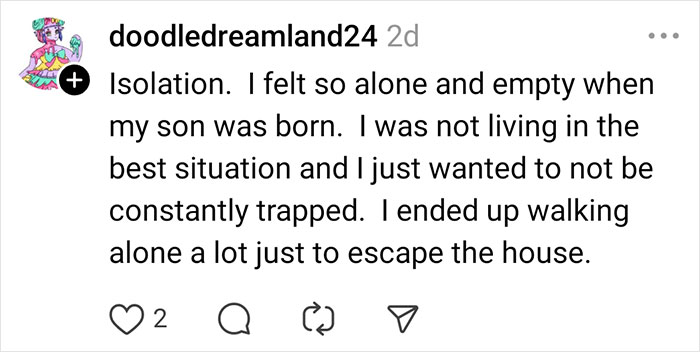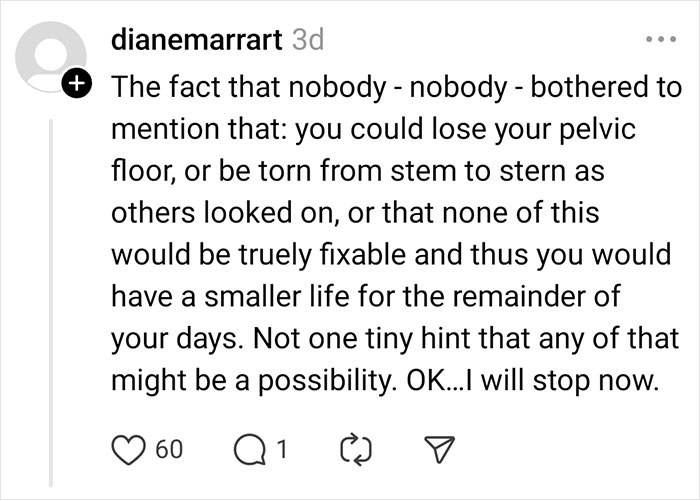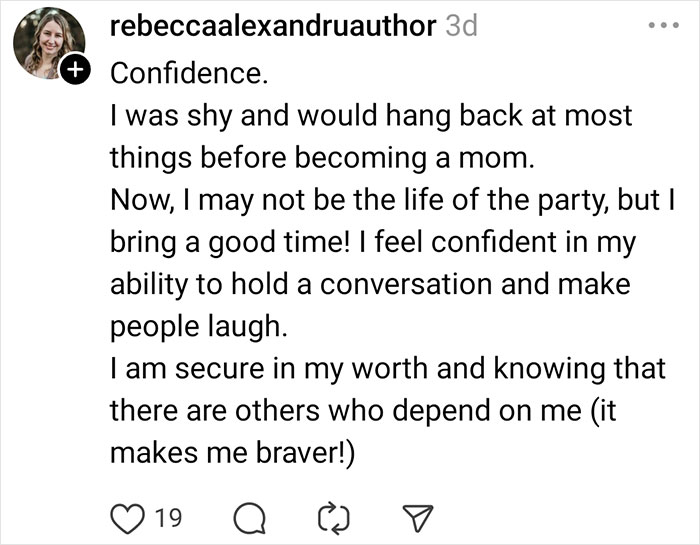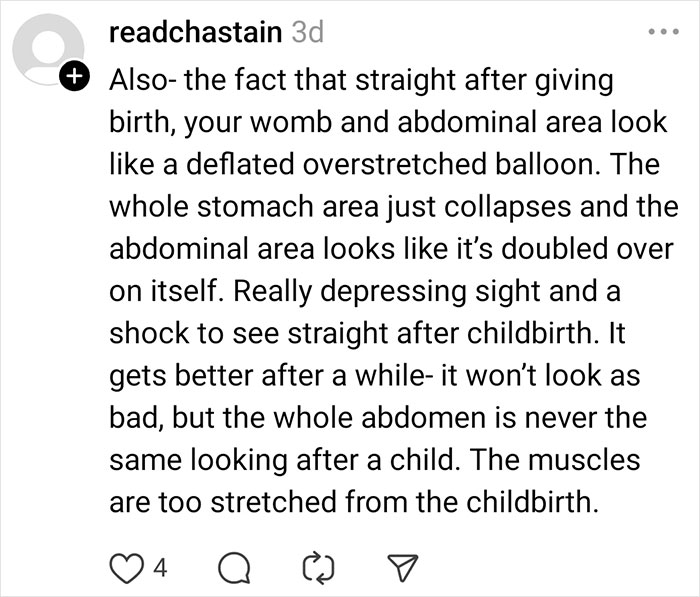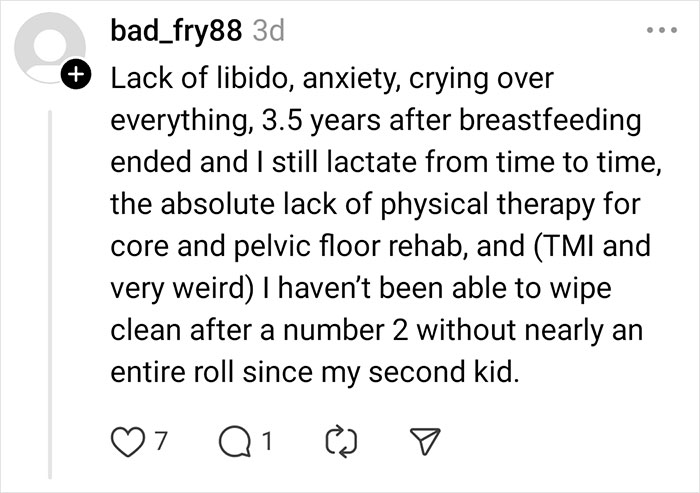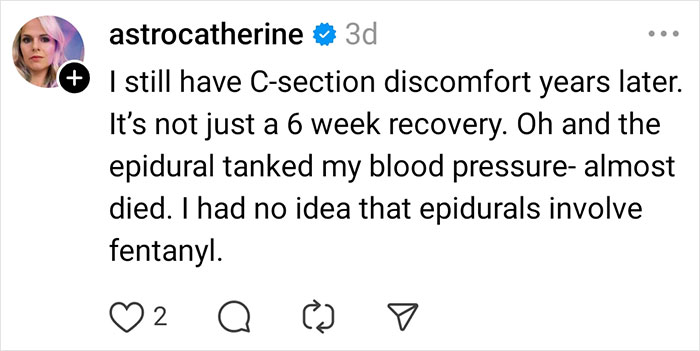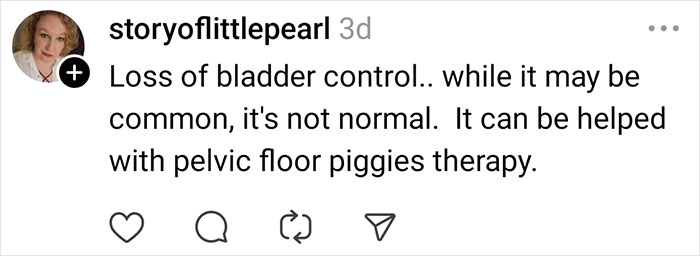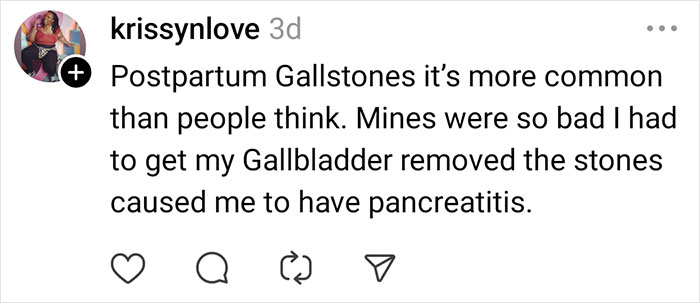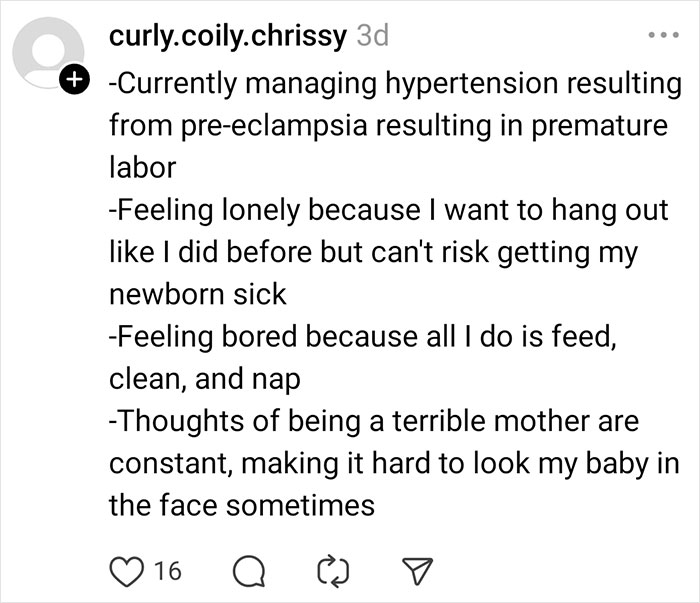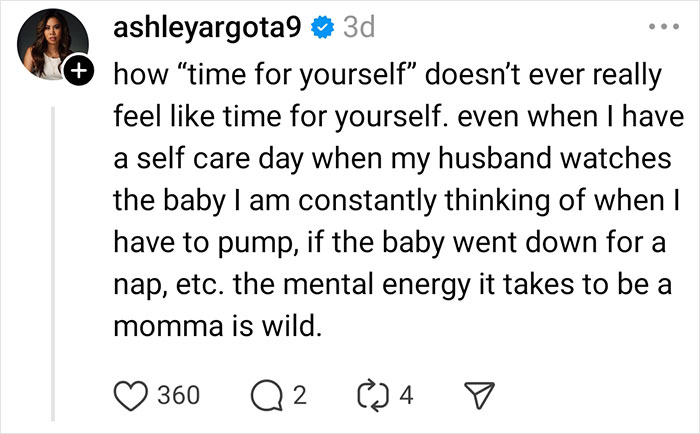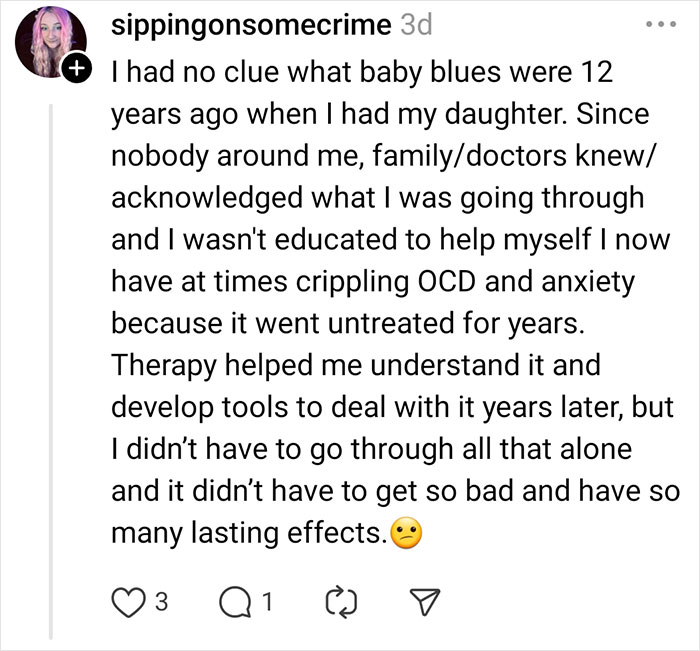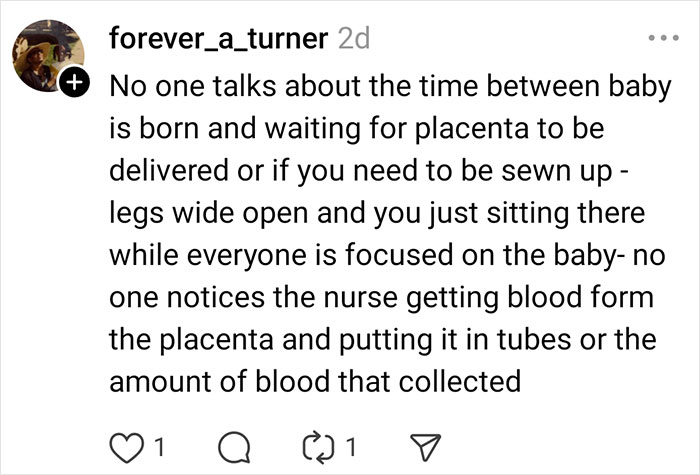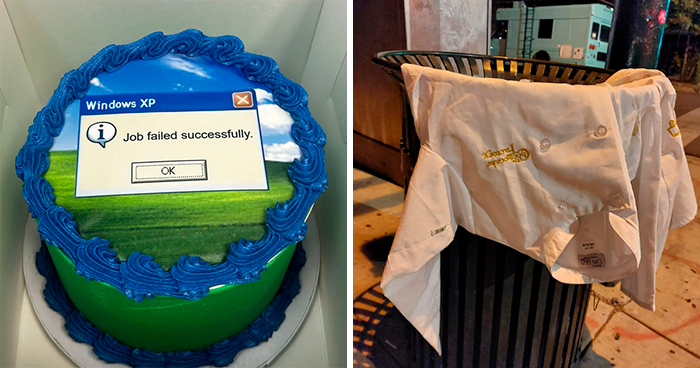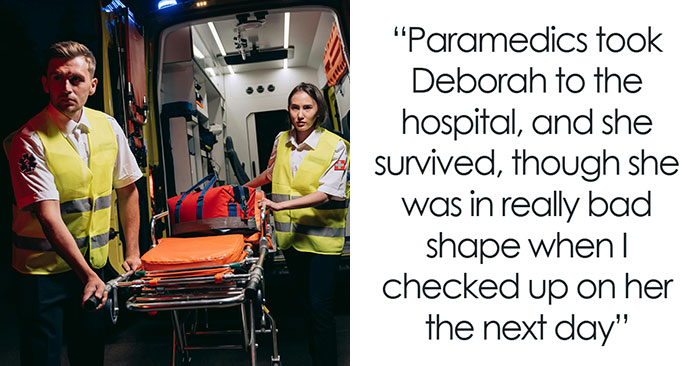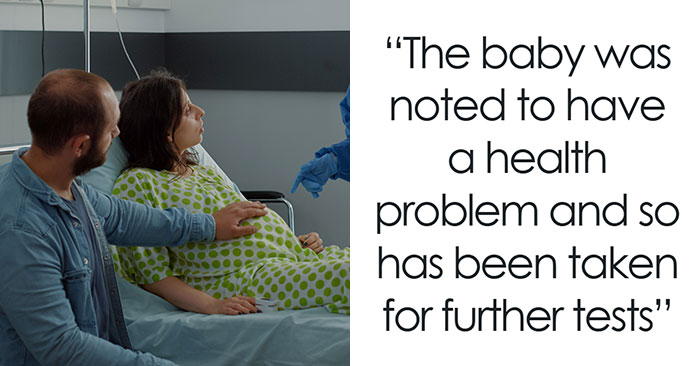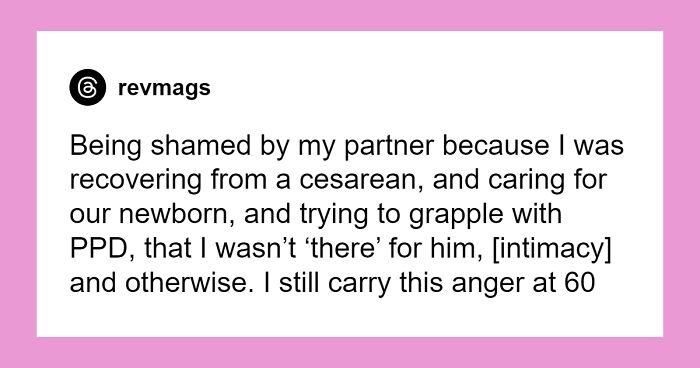
30 Women Joined This Thread To List The Unexpected Side Effects That Came After Giving Birth
Bringing a new life into this world is a special moment… one that is often followed by vaginal tears, difficulties controlling your bladder, and increased levels of anxiety or even depression, among other things. While it might be uncomfortable to read about such consequences of childbirth—not to mention experience them—they are a common reality for new moms and nothing to be ashamed of or shushed about.
Unsurprisingly, some of the side effects of childbirth are not publicly discussed that often either. But one netizen recently decided to shed some light onto the topic and addressed the female internet users on Threads, asking them about the lesser-known side effects of bringing a child into this world.
Many women replied to the thread, some even sharing their personal experiences, so if you’re interested in learning more about the less joyful side of giving birth, scroll down to find the netizens’ answers on the list below.
Image credits: gf.jewels
This post may include affiliate links.
I think men who are about to become fathers should, obligatorily, attend a few lectures on what happens to the female body before and after birth. Ideally they should want to know about this themselves, but my general impression is that men often have no clue...whatsoever.
I recently learnt of something to help a bit here. Nesting party. Help mom prepare her house for the arrival by cleaning, setting up the nursery, doing odd jobs around the home, possibly cooking meals for the freezer. Much nicer than a baby shower and the one friend I did this for was so grateful for the help and getting to some chores she had been unable to do. For another friend a bunch of us drew up a schedule and ensured the new parents had dinner sorted every night for 2 weeks after the baby was born and again when the father was in a minor accident a few months after that. A little caring for everyone goes a long way.
Nowadays, roughly 385,000 babies are born every day, according to The World Counts. Even as I’m writing this, the number of bundles of joy that have arrived into this world is increasing at an incredible rate… 103,879,131… 103,879,132… 103,879,133. I can’t keep up with the pace.
In most families, they arrive bringing immense joy not only to their parents, but the extended family, and friends, too. Bearing in mind that those people can’t wait to meet the addition to the family, it’s safe to assume that the period that precedes the moment of birth is rather special, too. But the pregnancy, as well as giving birth itself, can be both special and difficult.
There are many reasons why childbirth can become difficult for the mother, from excruciating pain to side effects, which are various and abundant, as this list shows. To make matters worse, certain health problems caused by childbirth can stay with the new moms for quite a while.
The UN reports that, according to a recent study, more than a third of women experience lasting health problems after giving birth. Some of the most common ones include pain during sexual intercourse (experienced by roughly 35% of postpartum women), lower back pain (32%), anal incontinence (19%), urinary incontinence (experienced by somewhere between 8-31% of new moms), anxiety (9-24%), depression (11-17%), perineal pain (11%), fear of childbirth (tokophobia) (6-15%), and secondary infertility (11%).
Even in perfect situations the emptiness you feel is real. You belly is a mess, your body is so strange, and you're alone. No baby kicking. My son was with me and I still felt empty and lonely. (Effing hormones).
I am so sorry to laugh at this but my child is now late 30ties and my belly still does this.
According to Dr. Pascale Allotey, the Director of Sexual and Reproductive Health and Research at the World Health Organization, the aftermath of childbirth can have a rather long-lasting and seriously detrimental effect on some new moms.
“Many postpartum conditions cause considerable suffering in women’s daily life long after birth, both emotionally and physically, and yet they are largely underappreciated, underrecognized, and underreported,” she was cited saying by the UN. “Throughout their lives, and beyond motherhood, women need access to a range of services from health-care providers who listen to their concerns and meet their needs - so they not only survive childbirth but can enjoy good health and quality of life.”
This. TV especially depicts giving birth as a situation where you’re overwhelmed with joy and at peace with yourself and the universe and just absolutely overflowing with happiness. In reality, this is true for some mothers, but for many it’s not. And that is fine. It’s normal. You‘ve just spent hours in pain, are exhausted, your hormones are all over the place, and you just got handed some tiny human that you have no history with. Relationships need to grow, and that applies to your relationship with your baby as well. I don’t think I felt a true connection with mine until she smiled at me for the first time. Until then it was more a sense of responsibility. (Be careful though if you actually harbour negative feelings towards your newborn. PPD is nothing to be ashamed of, but something that needs to be addressed.)
Oh. I've totally forgotten about this issue. Thanks for reminding me 🤣🥴😆
When discussing postpartum conditions, Dr. Allotey mentioned emotional suffering for a reason – for many women, it’s not only the physical pain or discomfort they have to deal with long after giving birth.
Studies reveal that up to 45% of new moms report experiencing birth trauma; some even develop PTSD (post-traumatic stress disorder). According to a maternal mental health expert and spokesman for the Royal College of Obstetricians and Gynaecologists in the UK, Patrick O’Brien, after a traumatic experience, postpartum women might have to deal with an array of detrimental feelings.
“Women with trauma may feel fear, helplessness or horror about their experience and suffer recurrent, overwhelming memories, flashbacks, thoughts and nightmares about the birth, feel distressed, anxious or panicky when exposed to things which remind them of the event, and avoid anything that reminds them of the trauma, which can include talking about it," he told BBC.
Sadly, studies suggest that as much as 10-20% of all women have negative birth experiences, when it is usually expected to be one of the greatest days of their lives. Unsurprisingly, not wanting to go through it all over again, some might even decide not to have a second child. Other women might choose not to have any children at all, after listening to the horror stories some females go through.
But when women decide to have a baby, even if scared, it might be good for the people around them to know just how fearful they are. A study on the influence of women’s fear, attitudes, and beliefs of childbirth emphasized that women tend to have different levels of fear regarding the final chapter of their pregnancies, and that understanding their attitudes and level of fear can help midwives and doctors tailor their interactions with the soon-to-be moms.
As soon as you become a parent you see accidents waiting to happen everywhere.
I don't know if it was because I was carrying so much extra weight during pregnancy and after, carrying the baby, the car seat, the diaper bag..or if it was just because I had a bad back. but yes that seems to happen.
Needless to say, interactions—and support in particular—play a crucial role in women's experience of pregnancy and childbirth. Some research suggests that bringing a child into this world is an experience that generates a sense of empowerment, the benefits of which should be maximized through “physical, emotional and social support for women, enhancing their belief in their ability to birth”.
In addition to that, it’s important to try and help the mom-to-be as relaxed as possible under the given circumstances. According to the Counselling for Maternal and Newborn Health Care handbook, “Helping the woman to be as relaxed as possible and aware of her situation can help minimize the physical pain and emotional distress of labour and birth. Women can be helped with this by receiving adequate care, timely information, comfort, support and reassurance during labour and birth.”
5 years after c-section I still have pain sometimes. Like other wounds that can hurt from time to time the ones from c section hurt too. (And they run deep.)
While not all women experience negative emotions or side effects caused by childbirth, it’s important to know that they exist and that many women have to deal with them on a daily basis, sometimes long after their baby enters this world. That is why it’s important not to close one’s eyes to such a reality and make sure to check on the parents, too; it’s not only newborns who need support and tenderness after the day they are born.
Pelvic floor physical therapy is awesome! It should be routine postpartum care. Also even women who give birth by C-section are not immune, a fact that I was very frustrated to be lied to about. The pregnancy itself stresses pelvic floor muscles, plus the pelvic floor is attached to your abdominal muscles. You know the ones that get totally f-ed when they slice you open and pull a baby through your abdominal wall.
And when you finally end up in the ER in agony toting your newborn with you all the medical professionals will say, " Ah, yes. Postpartum mother with gallstones, super common. Not surprising at all. Happens all the time ". So why the *****, did nobody think to warm me to be on the lookout for this! I've been suffering for weeks with no idea what the problem might be! I may still be a little bitter. Having gallbladder surgery while still recovering from a C-section wasn't great
It doesn't go away...... 14 years later and I can smell wayyyyyyyyyyyyy tooo much
Epidural headache can be spinal fluid leaking (ask me how I know that), if laying down helps relieving the pain, go asap to emergency room.
I think having a child is vastly underrated when it comes to the impact it has on your life. Just to name one: it can bring to the surface conflict with a spouse that otherwise would have gone unnoticed. Also, you will never be free of feeling, in some way, responsible for your child, even if the child is an adult and makes its own choices. Ideally people should talk about things as work, child-care, parenting and education before having children. Not only to see whether you're on the same page, but also to pre-empt any conflict. Too often women are expected to work less without having had this discussion first.
Motion sickness. Before I was pregnant, I could ride in the front seat of any roller coaster. Afterward, just moving slightly on a child's swing, makes me incredibly nauseous.
Same! I enjoy spinning my kids but I don't even start now cuz one rotation and i need a sit down.
Load More Replies...No one talks about afterpains, when the uterus is contracting back down again, and how the pain gets worse after each subsequent baby. They can hurt just as much as labour did!
We call it 'tranchées' in French (like if someone dug a trench in your belly).
Load More Replies...I think having a child is vastly underrated when it comes to the impact it has on your life. Just to name one: it can bring to the surface conflict with a spouse that otherwise would have gone unnoticed. Also, you will never be free of feeling, in some way, responsible for your child, even if the child is an adult and makes its own choices. Ideally people should talk about things as work, child-care, parenting and education before having children. Not only to see whether you're on the same page, but also to pre-empt any conflict. Too often women are expected to work less without having had this discussion first.
Motion sickness. Before I was pregnant, I could ride in the front seat of any roller coaster. Afterward, just moving slightly on a child's swing, makes me incredibly nauseous.
Same! I enjoy spinning my kids but I don't even start now cuz one rotation and i need a sit down.
Load More Replies...No one talks about afterpains, when the uterus is contracting back down again, and how the pain gets worse after each subsequent baby. They can hurt just as much as labour did!
We call it 'tranchées' in French (like if someone dug a trench in your belly).
Load More Replies...
 Dark Mode
Dark Mode 

 No fees, cancel anytime
No fees, cancel anytime 












